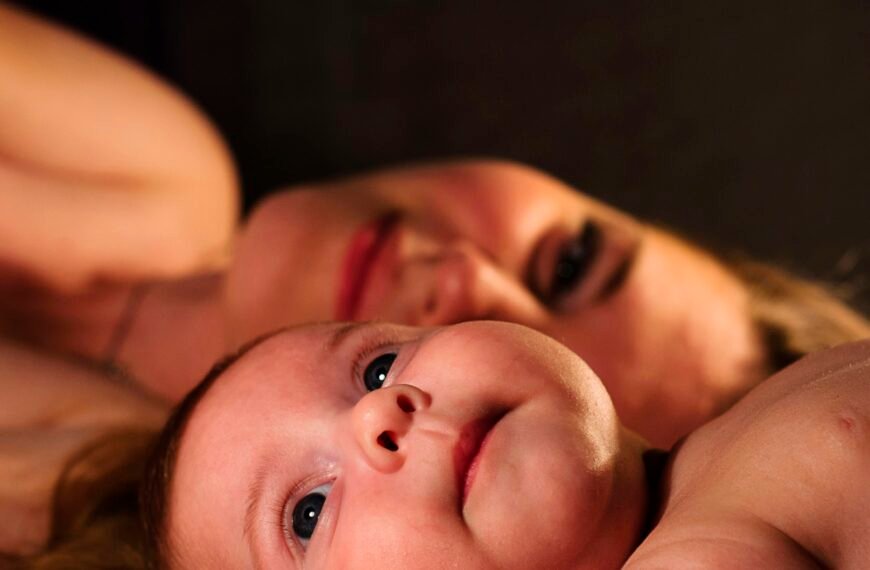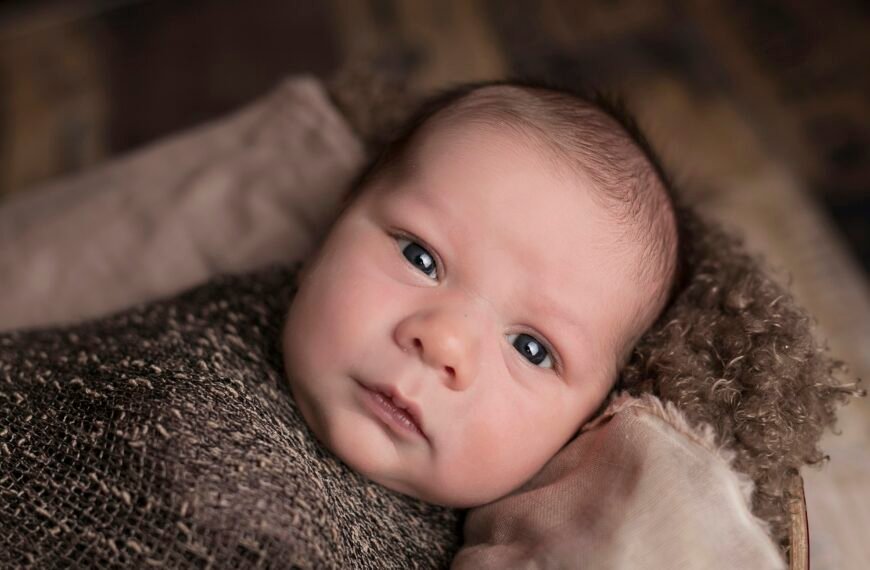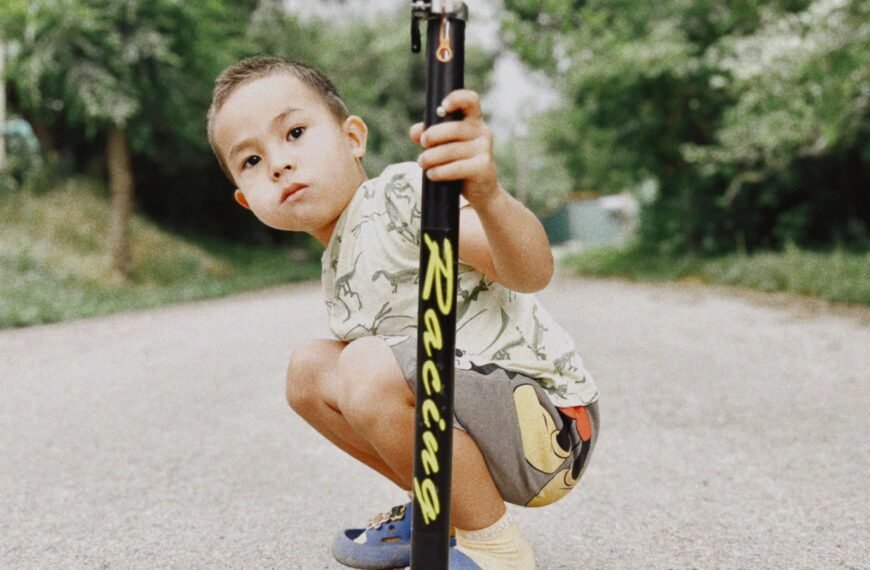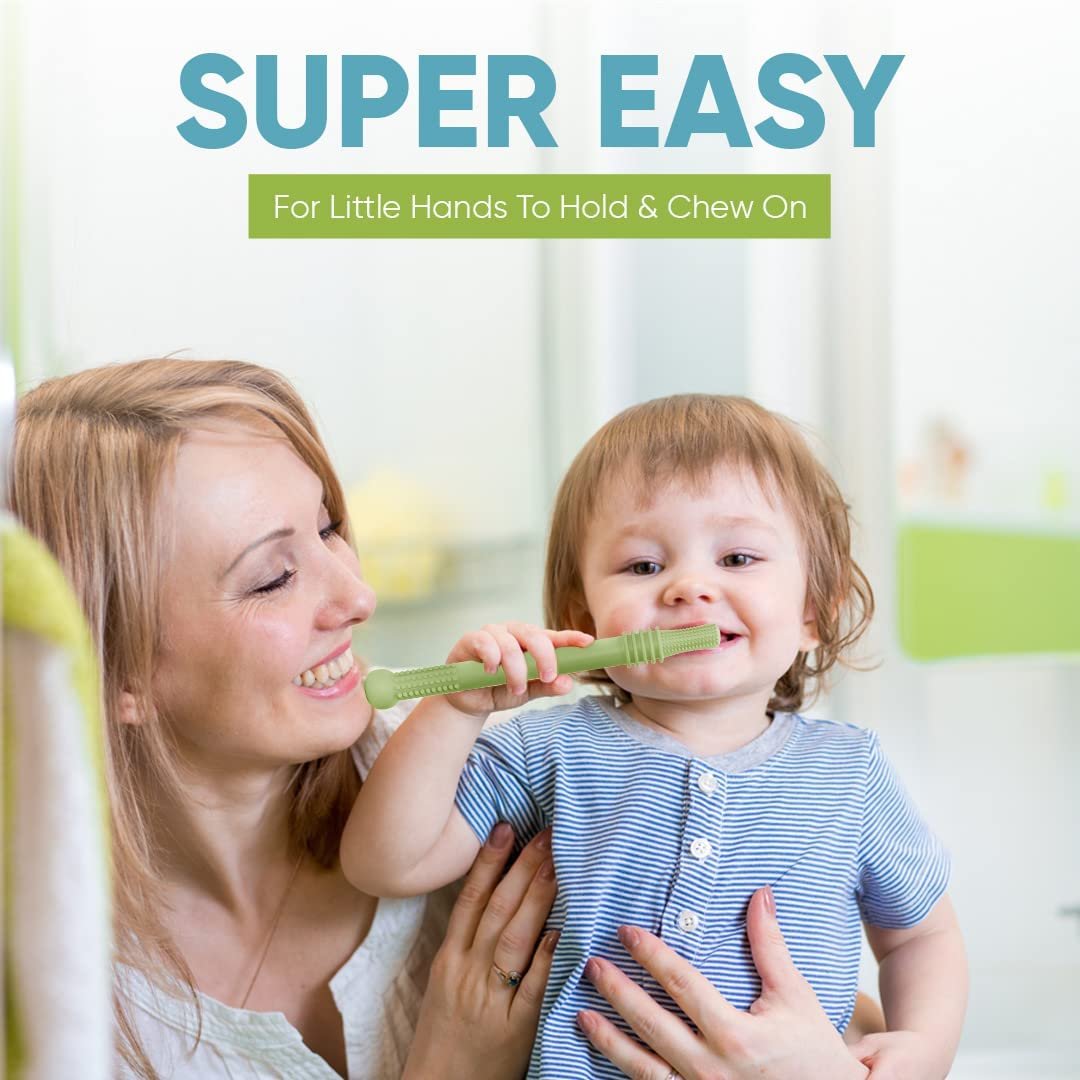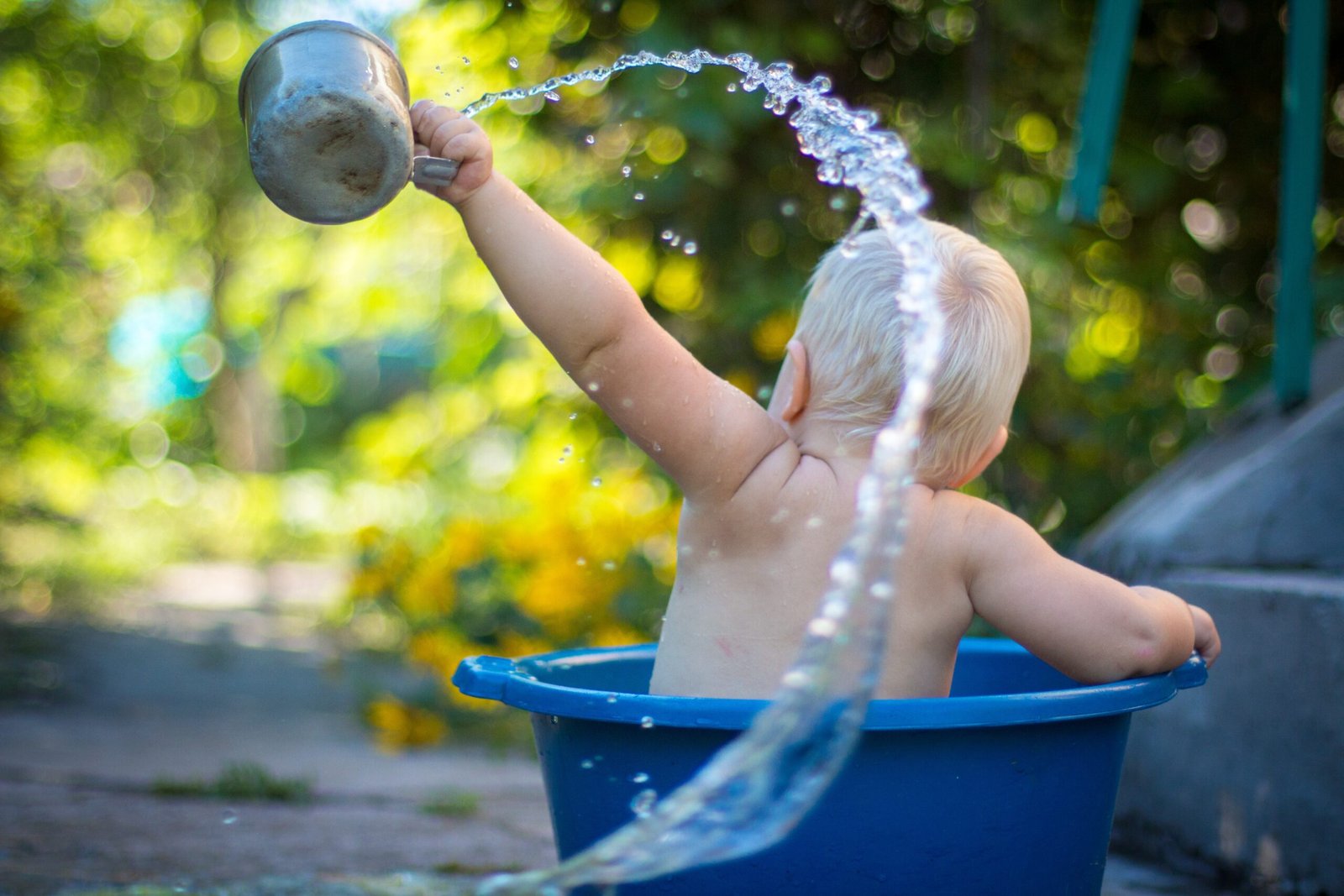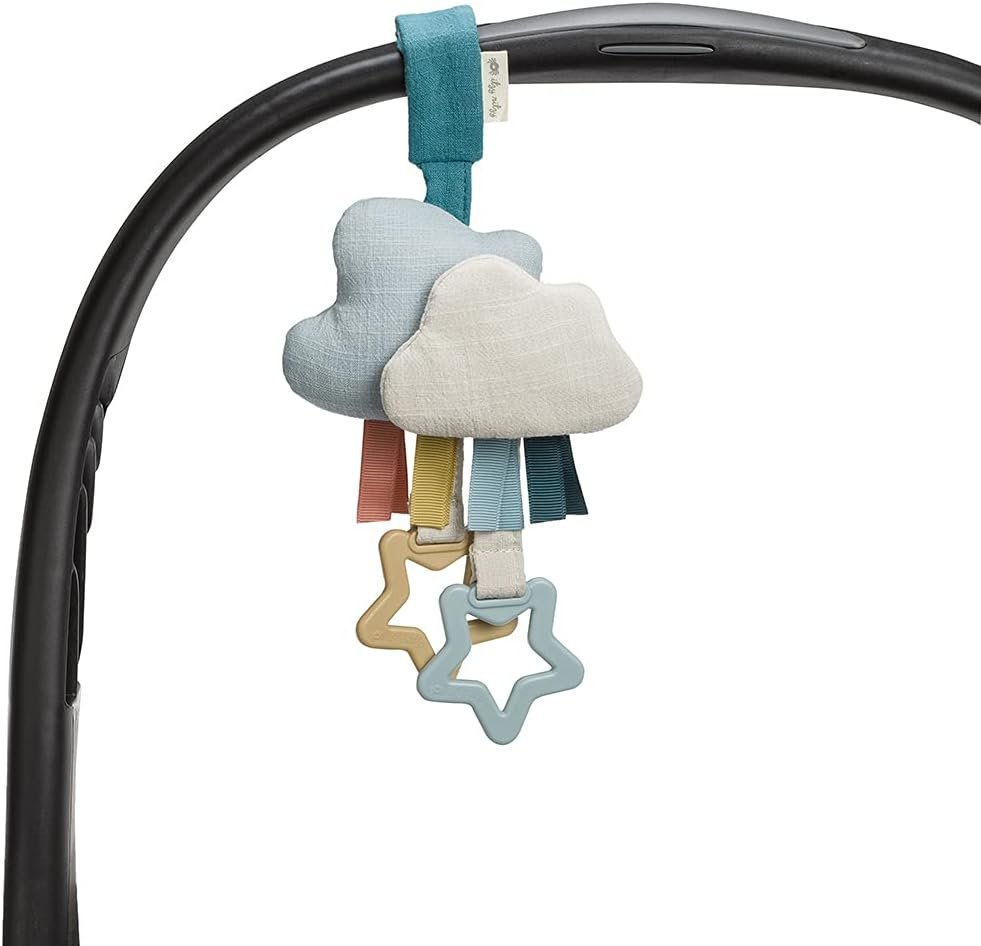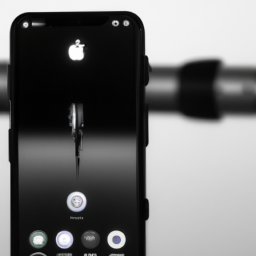Congratulations on the arrival of your little bundle of joy! As you embark on this exciting journey of parenthood, you may be wondering when your baby can start playing with toys. While every child develops at their own unique pace, it’s important to understand the general guidelines for introducing toys into your little one’s world. From exploring their senses to fostering development, let’s discover when you can expect your baby to start engaging with toys and how this can contribute to their growth and development.
When Can Baby Play With Toys
As a parent, you eagerly look forward to every milestone in your baby’s life. One of these exciting milestones is when your little bundle of joy starts playing with toys. Playing with toys not only brings joy and laughter to your little one’s life, but it also plays a crucial role in their overall development. In this article, we will explore when babies can start playing with toys, the different types of toys for different ages, safety considerations, the benefits of playing with toys, and how you can encourage playtime.
Check Baby Toys Guide & Review
Age Range for Baby Play
The age at which babies can start playing with toys can vary. However, most babies begin to show an interest in toys around 3 to 6 months old. At this stage, they start to develop motor skills and hand-eye coordination, enabling them to grasp and explore objects. It’s important to note that every baby develops at their own pace, so it’s best to observe your child’s readiness and adjust accordingly.
Developmental Milestones
Before diving into the world of toys, it’s essential to understand your baby’s developmental milestones. These milestones can give you a better idea of which toys are suitable for your little one. Developmental milestones encompass areas such as physical, cognitive, emotional, and social development. They help gauge your baby’s overall growth and progress.
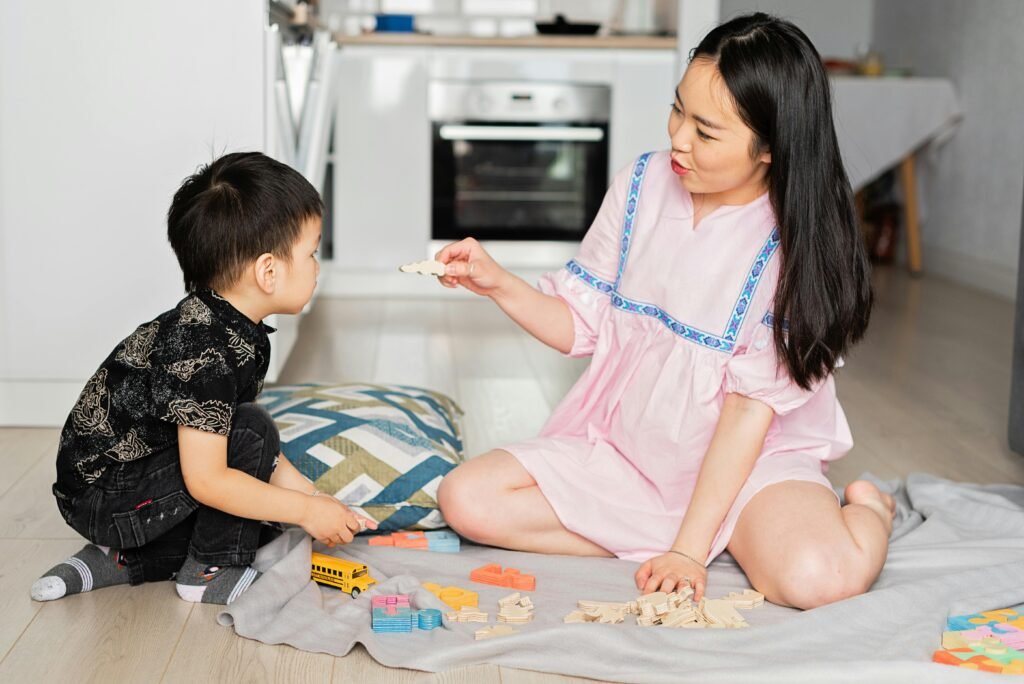
Types of Toys for Different Ages
Toys come in various shapes, sizes, and colors, designed to engage and stimulate your baby’s growing mind. Let’s explore the types of toys suitable for different age ranges:
-
0-6 Months: During this stage, babies enjoy toys that engage their senses. Soft toys with different textures, rattles, and colorful mobiles can capture their attention and promote sensory stimulation.
-
6-12 Months: As your baby reaches their half-year mark, they begin to explore their surroundings more actively. Toys that encourage crawling and grasping, such as activity mats, stacking rings, and soft blocks, are ideal for this age range.
-
12-18 Months: By now, your little one is on the move, eagerly exploring their environment. Toys that encourage fine motor skills like shape sorters, nesting cups, and push-and-pull toys can keep them engaged and promote their cognitive development.
-
18-24 Months: At this stage, your toddler’s imagination starts to bloom. Toys like pretend play kitchen sets, puzzles, and building blocks can fuel their creativity and problem-solving skills.
Safety Considerations
When it comes to choosing toys for your baby, safety should always be a top priority. Here are some safety considerations to keep in mind:
-
Age Appropriateness: Ensure that the toy is suitable for your baby’s age. Toys with small parts can pose a choking hazard for younger children.
-
Non-Toxic Materials: Opt for toys made from non-toxic materials, especially those your baby is likely to put in their mouth.
-
Sturdiness: Choose toys that are durable and well-constructed to prevent any potential hazards.
-
No Strings or Cords: Avoid toys with long strings or cords that can pose a strangulation risk.
-
Supervision: Always supervise your baby during playtime to prevent accidents or injuries.

Benefits of Playing with Toys
Playing with toys offers a wide array of benefits for your baby’s development. Let’s take a closer look at the advantages of incorporating playtime into your little one’s daily routine:
Sensory Stimulation
Toys play a significant role in stimulating your baby’s senses. Different textures, colors, sounds, and movements engage their senses, helping them understand and interact with the world around them. This sensory stimulation enhances their cognitive development and promotes their overall learning.

Motor Skills Development
Playing with toys encourages the development of fine and gross motor skills. Whether it’s grasping a soft toy, pushing a toy car, or stacking blocks, these actions help strengthen your baby’s muscles and improve their hand-eye coordination. Building strong motor skills is vital for future milestones such as crawling, walking, and manipulating objects.
Cognitive Development
Toys provide ample opportunities for your baby to explore, problem-solve, and develop cognitive skills. By playing with shape sorters, puzzles, and building blocks, babies learn about cause and effect, spatial awareness, and object permanence. These toys help build a solid foundation for future learning and intellectual growth.
Emotional and Social Development
Playtime with toys also supports emotional and social development. When babies interact with dolls or stuffed animals, they learn to express and understand emotions, build empathy, and develop social skills. Playing with others, whether it’s parents, siblings, or peers, promotes social bonding and cooperation, fostering healthy relationships.
How to Encourage Play
As a parent, you play a crucial role in encouraging and facilitating your baby’s playtime. Here are a few tips to help you create a nurturing environment for your little one’s play:
-
Provide a Variety of Toys: Offer a diverse range of toys that cater to different developmental areas, ensuring your baby has options for exploration and learning.
-
Engage with Your Baby: Sit with your baby, play alongside them, and actively engage in their play. This interaction strengthens the parent-child bond and enhances their learning experience.
-
Rotate Toys: Periodically rotate the toys available to your baby. This helps maintain their interest and prevents boredom while also introducing new learning opportunities.
-
Create Safe Play Spaces: Set up a safe and designated play area for your baby, free from potential hazards. This gives them the freedom to explore and play without unnecessary risks.
-
Limit Screen Time: While technology has its benefits, it’s important to limit your baby’s exposure to screens and prioritize hands-on play with toys. This allows for more interactive and developmentally enriching experiences.
In conclusion, toys play a vital role in your baby’s development. By choosing age-appropriate toys, ensuring safety, and actively engaging with your little one during playtime, you can support their physical, cognitive, emotional, and social growth. Embrace the wonder of play and watch as your baby discovers, learns, and thrives through the power of toys.








